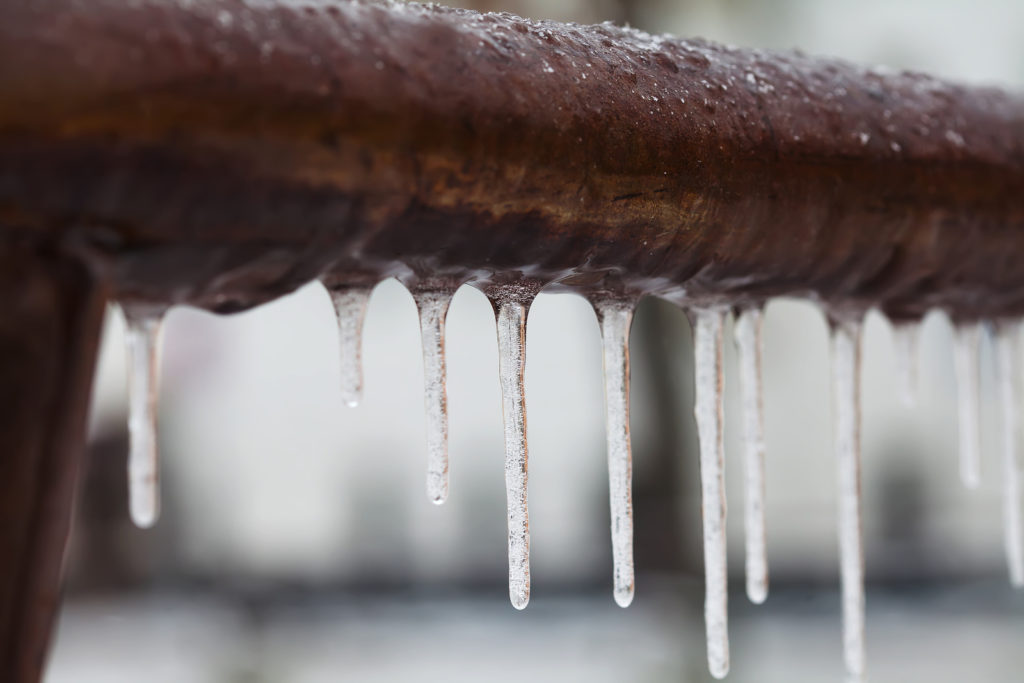News
Winter Water Shortage Tips For UK Farmers
Freezing temperatures and snow have hit the UK in the last few days, so it’s fair to say that winter has us well and truly in its grip right now… which means businesses of all shapes and sizes, operating across all industries, need to make sure they’re minimising the risks that the time of year presents to their operations.
For pastoral farmers, it’s especially important to think about their network of pipes and the possibility of them freezing up over the winter months, as well as the risks presented by a quick thaw, which can often result in burst pipes and a disruption to supply,
The Farmers’ Guardian explained, however, that planning for these disruptions is often neglected by those in the industry because of other seemingly more pressing concerns such as making sure livestock are doing well and completing essential work during the short daylight hours.
Research from news source shows that less than one-fifth of businesses in the UK have plans in place to mitigate the risks of losing water supply, whether that’s for minutes, hours or even days – in spite of the fact that productivity and sales would both be affected if this happened.
Tips to help mitigate the risks include knowing the layout of your pipe network, making sure that all employees have a map available to them that includes all locations of the stop taps. These taps should also be checked on a regular basis for loose fittings throughout the year.
Daily usage should also be monitored and you can do this easily with automated meter reading technology, a technique that is used to continuously monitor water usage on a site. A smart meter is installed to measure how much water is being used by a property every hour by measuring the water flow. If a sudden spike is seen, you know you may have a water leak somewhere.
Livestock farms are recognised as vulnerable if a network supply disruptions does happen but the likes of hospitals will be prioritised for emergency water deliveries and so on if such incidents take place. What this means is that farmers may find they have to pay for a water delivery if they don’t have alternative water sources available to them.
Private water supplies like boreholes could be installed to help relieve some pressure, or farmers could consider the likes of rainwater harvesting for any work that doesn’t need mains-quality water, such as cleaning hardstanding areas.
If an interruption does occur, it’s important to know what to do as well, and if other neighbouring properties are similarly affected get in touch with the wholesaler for advice and to find out timescales for repairs.
It’s possible that if the issue is on your farm site, it could be down to a leak, so you’ll need to identify this and arrange for repairs as quickly as you can to reduce water wastage and avoid an increase in your water bills.
